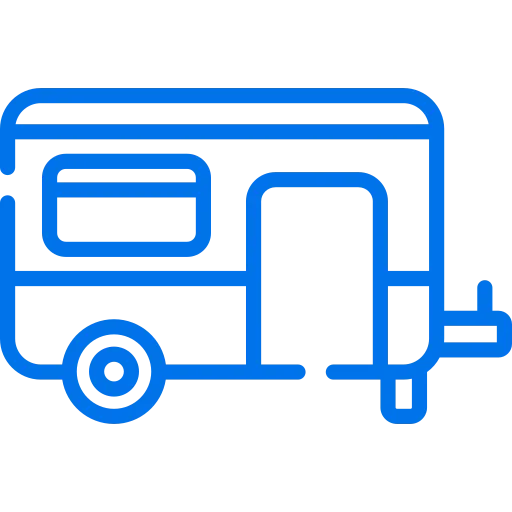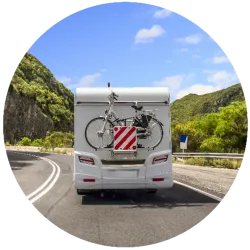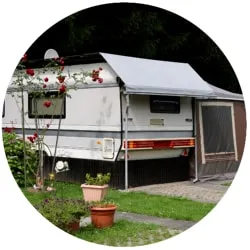Finding a great value caravan policy can take just a few steps. Here's the exact process I follow each year at renewal time. The first part is a price comparison. Jump online and find at least 3 direct quotes from different insurers. Next, open the latest policy statement of each brand on your list. This is called the PDS and it'll be on the provider's website. Look for the key benefits or features section of the policy. Then you can figure out what more you get – if anything – by paying more for one policy over the others. In my view, this is the best way to ensure you're not selling yourself short with your caravan insurance – by either paying too much or not holding enough coverage.
James Martin
Editor of insurance at Finder











